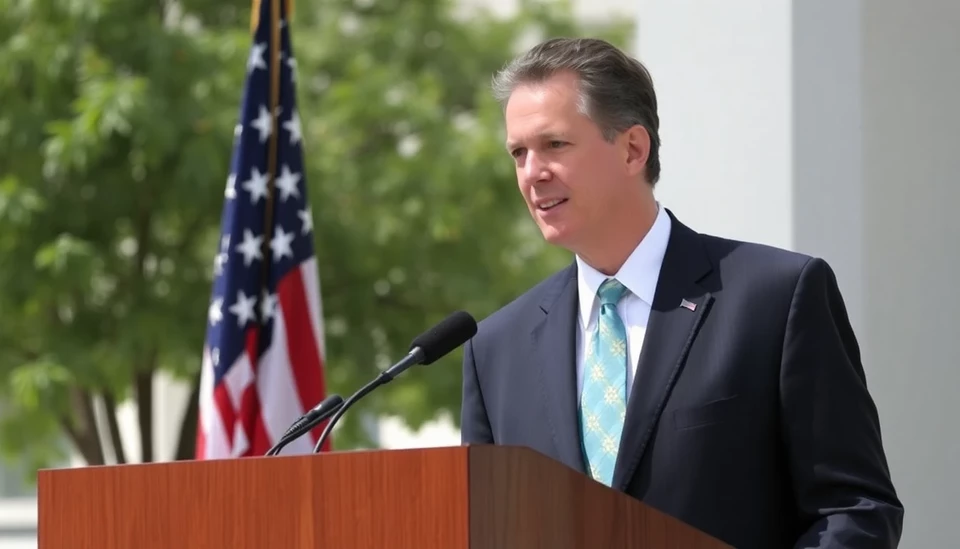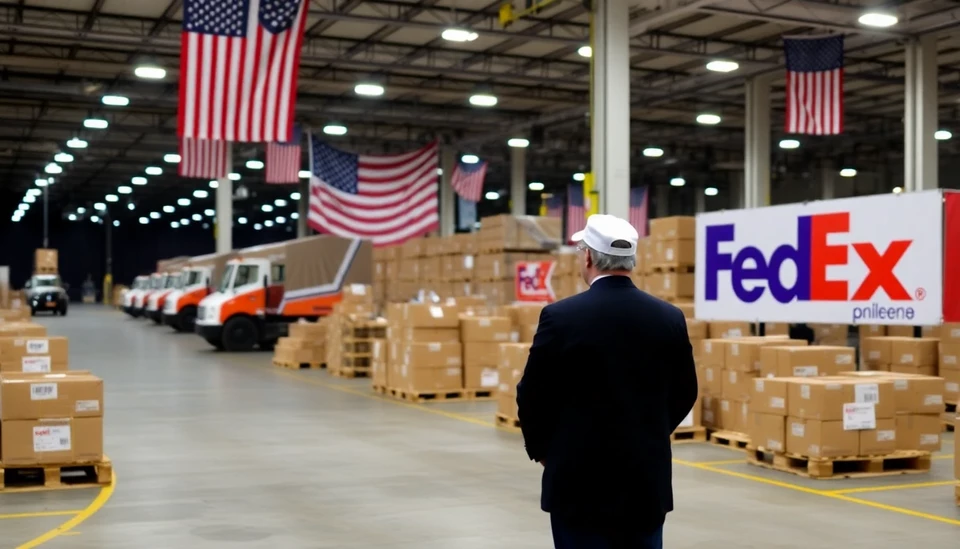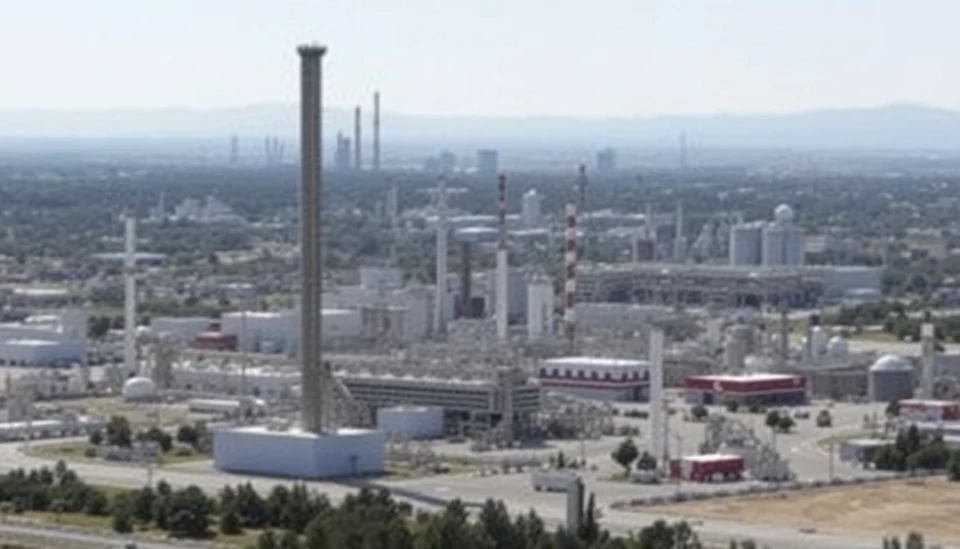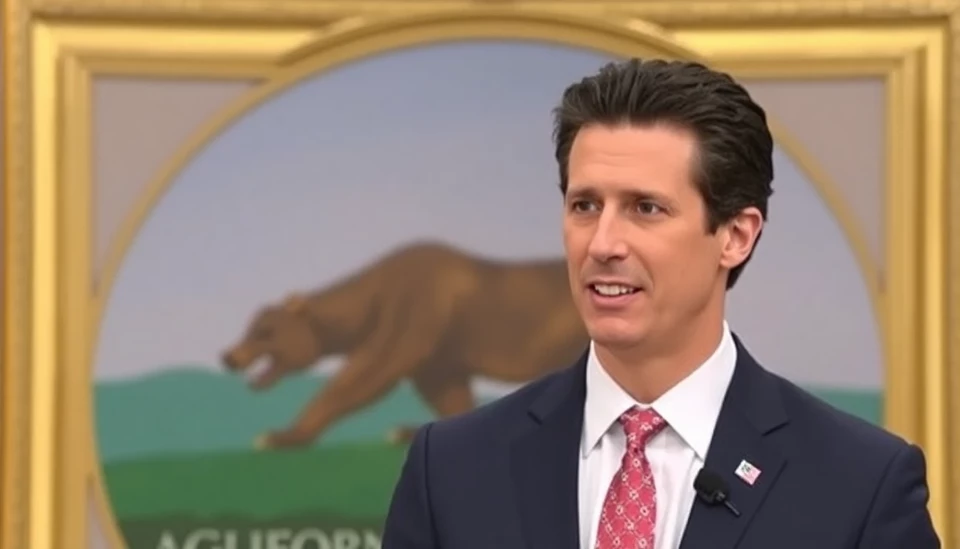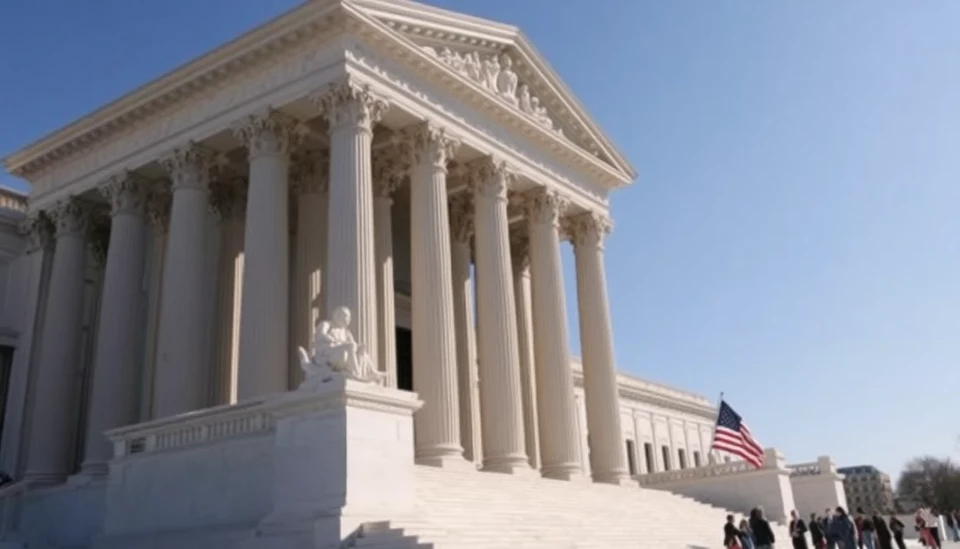
In a significant legal battle concerning environmental policy and state authority, the U.S. Supreme Court has agreed to review a case that could reshape the landscape of automobile emissions regulations in California. This pivotal decision comes as a direct challenge to the state's ability to enforce its own stringent emissions standards, which have often been seen as a model for climate policy nationwide.
The case at hand stems from a 2019 rule established by California that mandates automakers to curb greenhouse gas emissions from vehicles. This initiative is part of the state's broader strategy to combat climate change and improve air quality, advancing efforts to reduce pollution significantly by 2045. However, these regulations have faced hefty opposition from major automobile manufacturers and industry groups, arguing that such stringent state-level rules could disrupt the automotive market and create a patchwork of inconsistent regulations across the country.
The Supreme Court's decision to take up the case indicates the justices' recognition of the complex implications that this ruling could have on both state authority and federal environmental policies. California has historically been granted a waiver under the Clean Air Act, allowing it to set its own vehicle emissions standards that can be stricter than federal guidelines. However, the Trump administration had sought to withdraw this waiver, claiming that the state was overreaching its authority and hampering the auto industry.
The Biden administration has since reinstated California’s ability to regulate emissions independently, but the case is now poised to clarify the limits of state power in environmental regulation. Many experts argue that a ruling in favor of California could pave the way for other states to implement similar regulations, potentially leading to a national shift in the automotive industry towards greener technologies.
Additionally, the outcome of the Supreme Court's review may influence how the federal government approaches climate change policy moving forward. As climate change continues to pose significant threats, upcoming rulings could either enhance or diminish efforts to mitigate environmental issues through regulation in the transportation sector.
This case not only highlights the ongoing tensions between state and federal jurisdictions over environmental policy but also underscores the critical role that judicial interpretations will play in shaping the future of clean air initiatives. As the Supreme Court prepares to hear arguments, stakeholders from across the political spectrum and the automotive industry watch closely, knowing that the implications of this ruling could echo through decades of energy policy and climate action.
The scheduled arguments are set to take place in 2024, with a decision likely to be rendered by the end of the court's term. As anticipation grows, environmental advocates remain hopeful that the high court will uphold California's right to pursue aggressive climate measures, while industry representatives prepare to argue that such measures could stifle innovation and economic recovery.
With this overarching debate in mind, the Supreme Court’s decision may serve as a precedent for future environmental regulations, deeply impacting both public health and industry standards across the nation.
#California #SupremeCourt #AutoEmissions #EnvironmentalPolicy #ClimateChange #CleanAir #AutomotiveIndustry #LegalBattle #GreenRegulations
Author: Megan Clarke
